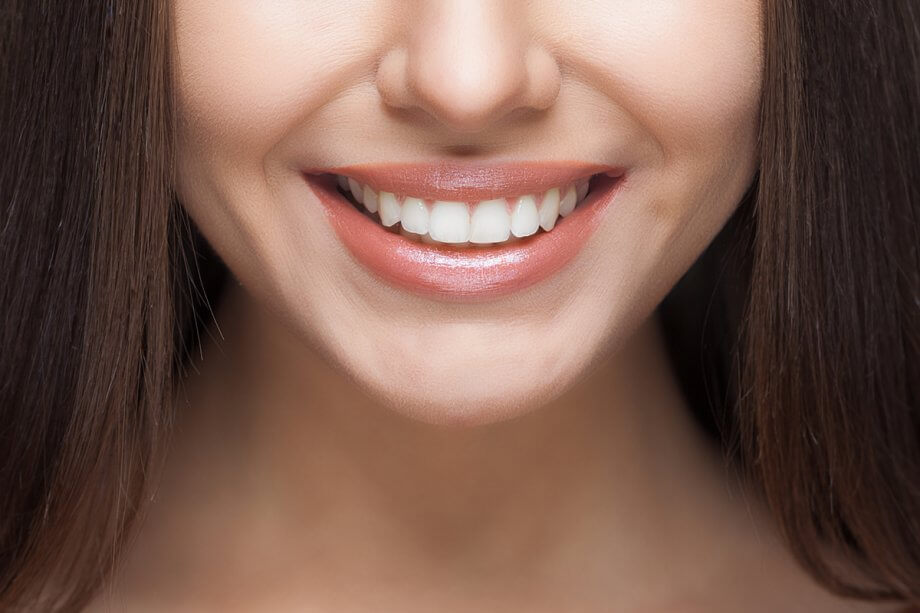Teeth whitening can help you get the brightest smile you’ve had in years. Both in-office teeth whitening (also known as bleaching) and take-home whitening kits from your dentist can make your teeth several shades whiter. However, teeth whitening may cause brief tooth sensitivity. Moreover, having your teeth whitened doesn’t make them immune from future staining. Read on to learn best practices for keeping your smile beautiful, bright, and free from stains after you’ve had them whitened.
Avoid Stain Causing Foods and Beverages
The first thing to know after you’ve whitened your teeth is that what you eat and drink will determine how long your results will last. Generally speaking, dark and brightly colored beverages and foods will stain your teeth. Examples of beverages known to stain teeth include red wine, tea, coffee, soda, grape juice, prune juice, etc. Likewise, brightly colored sports drinks or slushies will stain your teeth.
If you’re in the midst of whitening your teeth with a take-home kit from your dentist, or if you’ve recently had your teeth whitened at the dentist, it’s best to either avoid these beverages or use a straw when you drink them.
Foods that are known to stain teeth also tend to be dark or brightly colored. Red pasta sauce, for example, causes staining. But other dark sauces and creams such as steak sauce, BBQ sauce, demi-glazes, and gravies may also stain the teeth. Unfortunately, healthy fruits can also stain the teeth. These include cherries, blueberries, blackberries, pomegranates, and raspberries. While whitening your teeth or in the weeks following your treatment, it’s best to get these fruits via juice or smoothie. Just be sure to use a straw.
What to Eat if You Experience Tooth Sensitivity
Brief tooth sensitivity after having your teeth whitened at the dentist or while using a dental-grade take-home whitening kit is common. It is not cause for alarm. Peroxide in whitening gels tends to irritate the nerves in the teeth. For patients who experience sensitivity after teeth whitening, take comfort in knowing that the sensitivity will likely be gone within 48 hours. However, if you’re whitening daily using an at-home kit, tooth sensitivity may last throughout your treatment.
While your teeth are sensitive, it’s best to avoid very hot and very cold food. Extremely sugary, chewy, and hard foods can also cause discomfort. So stick with room temperature, softer foods until the sensitivity subsides. Dairy products such as cheese and sugar-free yogurt may be good options. You may also want vegetables that are roasted, steamed, or sauteed and allowed to cool. Cooled pasta noodles, rice, couscous, and quinoa are also excellent options. Skip the gum, hard candies, and other sweets for the first few days after you’ve whitened your teeth.
If you have naturally sensitive teeth, or if you experience sensitivity after your whitening treatment, ask your dentist which toothpaste designed for sensitive teeth they recommend. You may also wish to switch to a soft-bristled toothbrush or add fluoridated mouthwash to your oral hygiene routine. If sensitivity persists for more than a few days, contact your dentist. Patients with naturally sensitive teeth may also want to discuss other options for brightening their teeth, including dental bonding or porcelain veneers.
Book an Appointment for Teeth Whitening on the UWS
Teeth whitening is the most affordable way to brighten your smile in about an hour. Contact Smiles on the Upper West Side to book a tooth whitening appointment today by calling 212-222-5225. You may also book your appointment online.

